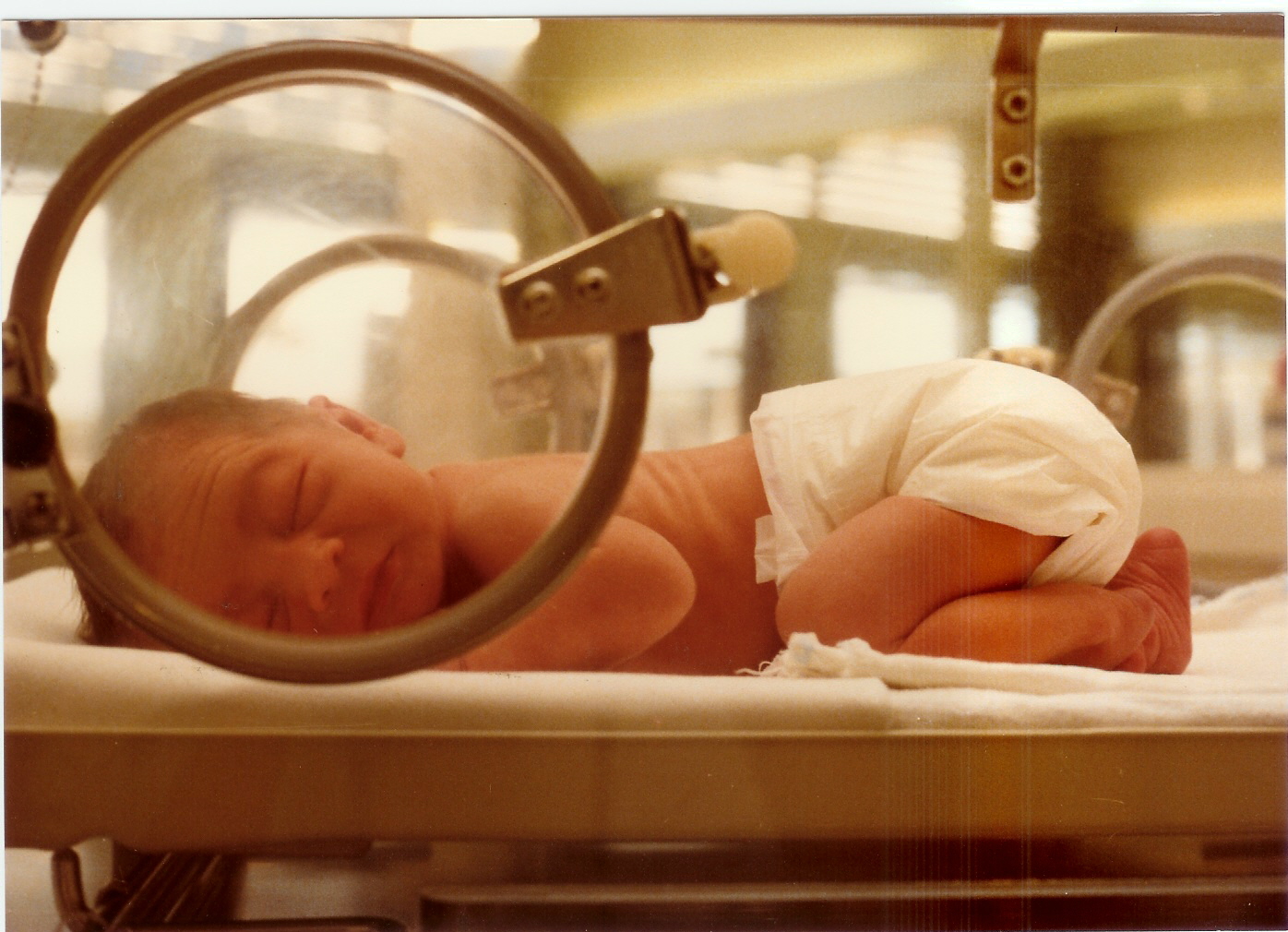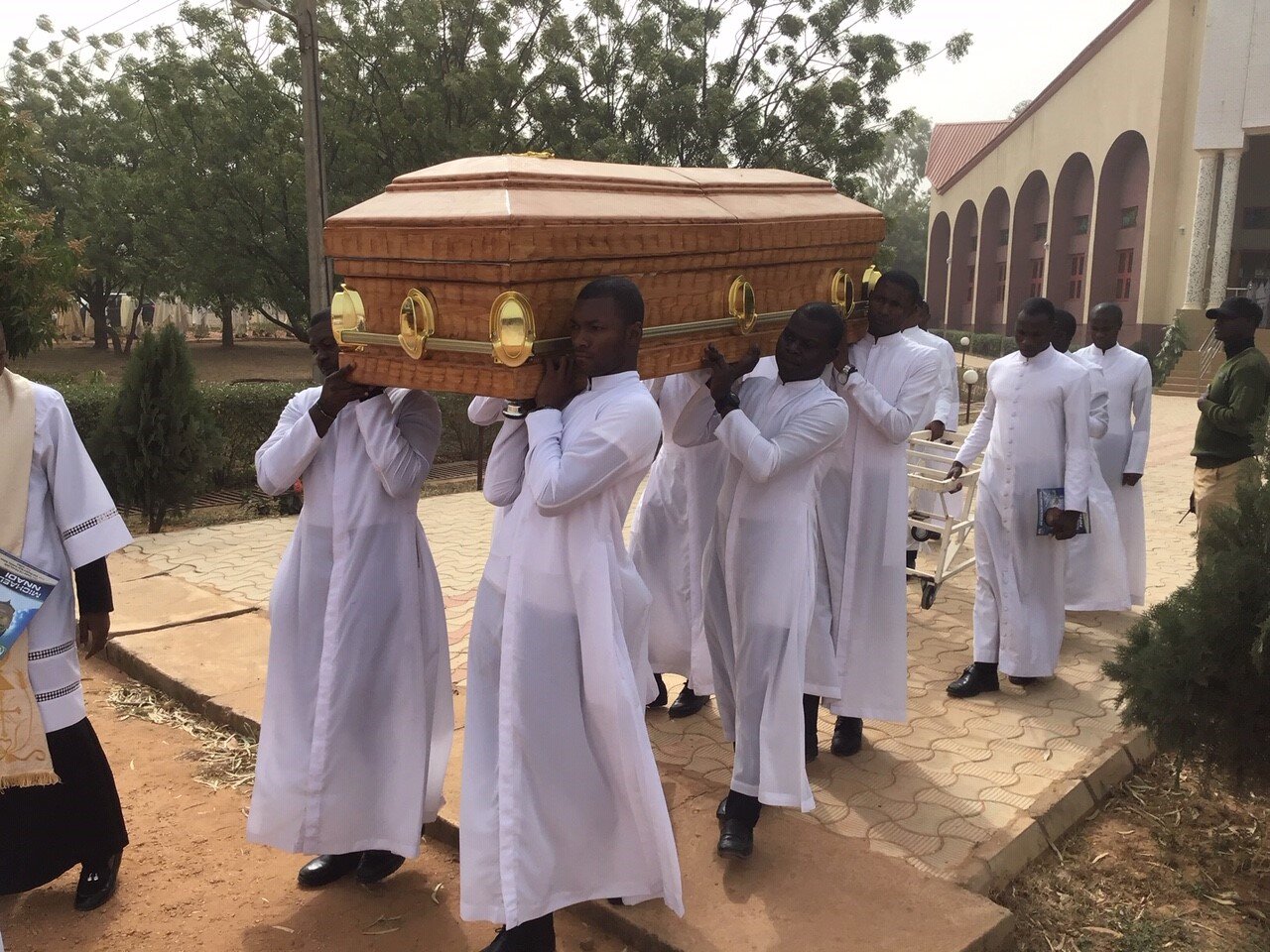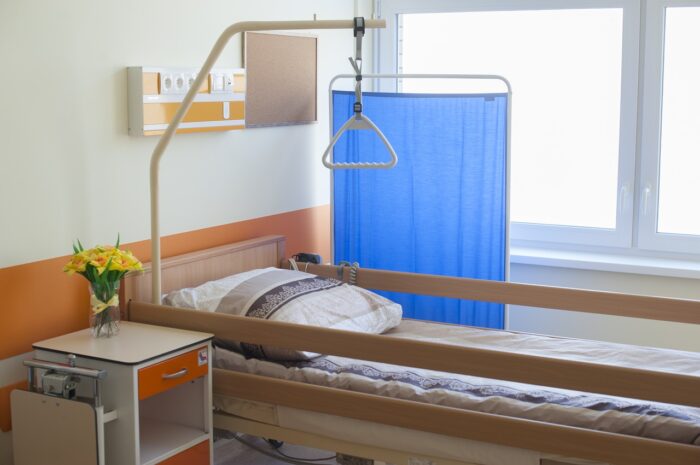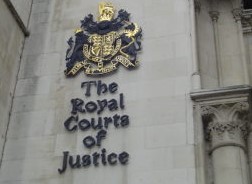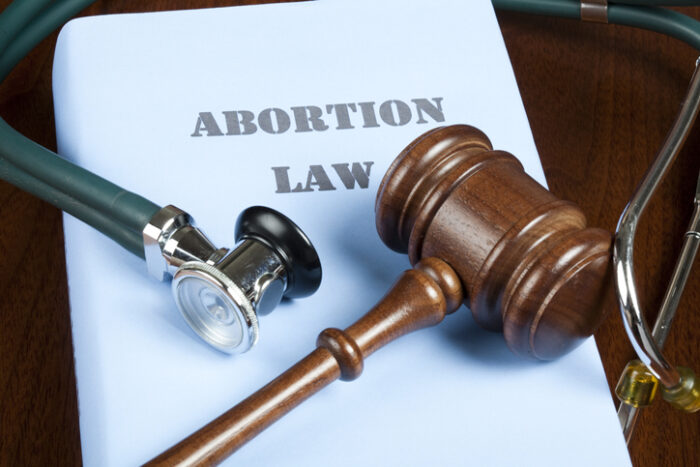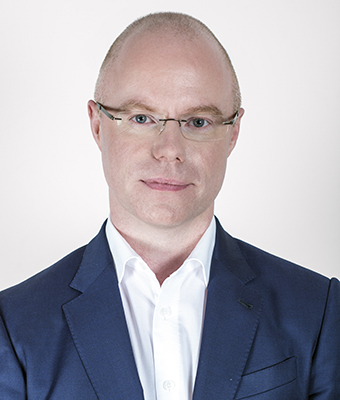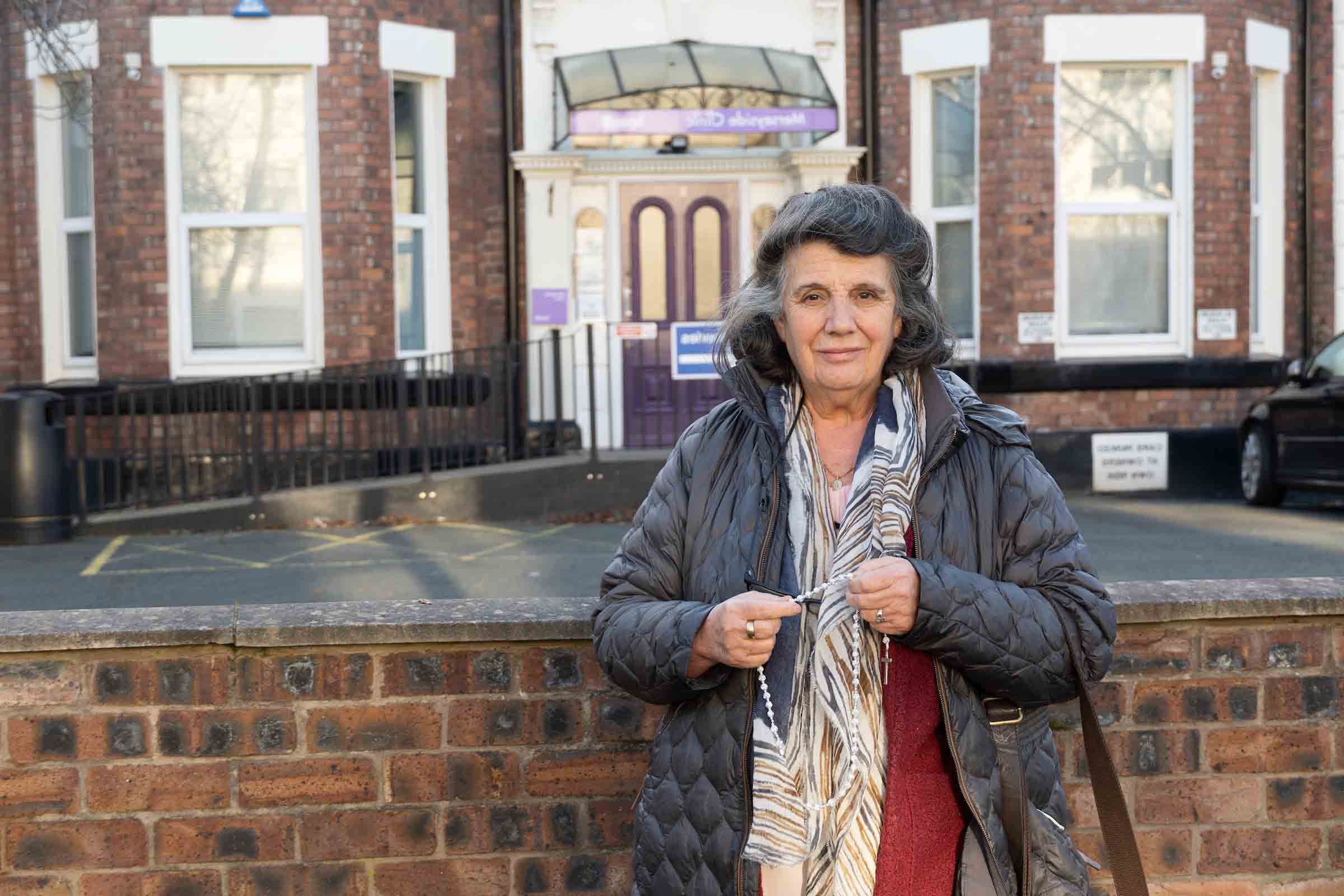Proposed changes to implementing America’s Affordable Care Act are “a violation of religious freedom and bad medicine,” according to US bishops.
Chief among their concerns are regulations that would mandate healthcare workers to perform transgender surgeries and require health insurance providers to cover the procedures. They also fear that the Department of Health and Human Services will force healthcare workers to perform abortions, or risk their jobs.
“Catholic health care ministries serve everyone, no matter their race, sex, belief system, or any other characteristics,” said the USCCB chairmen in a statement this week. “The same excellent care will be provided in a Catholic hospital to all patients, including patients who identify as transgender, whether it be for a broken bone, or for cancer, but we cannot do what our faith forbids. We object to harmful procedures, not to patients.”
“Sadly, Monday’s proposed regulations threaten our ability to carry out our healing ministries, and others’ to practice medicine,” they continued.

